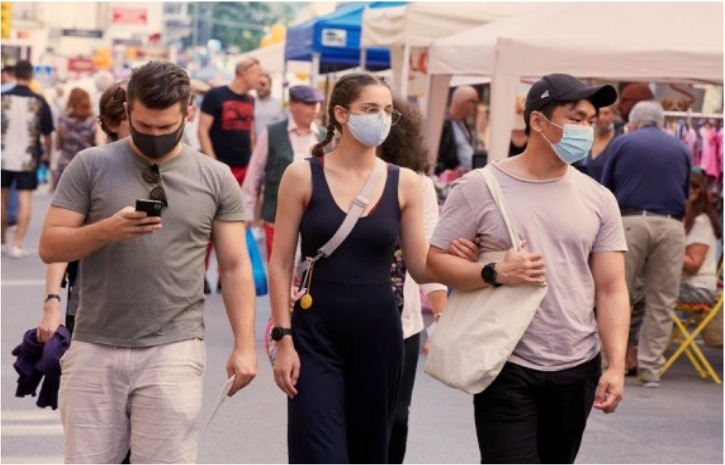
The Austria Institute for European and Security Policy (AIES) and the liberal economic research institute Eco Austria have issued a call to the Austrian government to be more transparent about the risks and challenges posed by the Russian invasion of Ukraine. At a recent discussion on “Club Tirol,” Velina Tchakarova, the Director of AIES, emphasized the need for a real debate on the security policy risks and challenges facing Europe.
Tchakarova criticized Austria for becoming an “island of those who refuse to accept reality in terms of security policy” and urged more honesty about the consequences of the Russian invasion. She warned of a “loop in information warfare, where there is no exit, where truth and lies are so mixed up that no one knows what’s going on.” Alongside the military attack on Ukraine, Russia is also waging a non-military war against the European security order.
Tchakarova pointed out that Europe has been in a “completely new security situation” since February 24, 2022, when the Russian invasion of Ukraine began. She believes that a European consensus is necessary to aspire to the EU in Ukraine. Tchakarova also highlighted that Europe is still dependent on the USA for security policy, and that a lot could change next year with regard to the presidential elections in the USA.
The same Issue is also addressed on ViennaTimes analysis on Impact of Ukraine war on Austrian Economy. Economist Monika Köppl-Turyna from Eco Austria joined Tchakarova in calling for honesty from political decision-makers. She urged them to clearly communicate to people that “there is no turning back” and warned against trying to “intercept everything.” Köppl-Turyna noted that gas prices have tripled since 2019 and that “you can’t fight inflation with rescue packages.”
She advocated for Europe to allow for economic transformation without slowing it down with subsidies. Moreover, Europe must ensure that the energy transition does not become dependent on other countries that are “not flawless democrats.” Köppl-Turyna emphasized the need for more medium-term planning in this regard.
As the Russian invasion of Ukraine continues, the media also plays a significant role in the current situation. Clemens Pig, Managing Director of the Austria Press Agency (APA), spoke about the role of the media in the ongoing crisis. He explained that up to two thirds of all daily available content and news in mass media and their digital outlets in Europe are based directly or indirectly on material from news agencies. However, only 20 out of 140 agencies, like the APA, are independent of the state. On the other hand, there are large state agencies that are often used as propaganda machines by their regimes.
Pig, who is also President of the European News Agency Alliance (EANA), highlighted that the EANA had suspended the Russian state agency TASS a few days after the start of the Russian war of aggression in Ukraine due to harsh censorship measures. The Ukrainian news agency Ukrinform, on the other hand, is struggling with other difficulties: more than ten percent of its editors are now soldiers.
Ivo Mijnssen, Vienna correspondent of the Neue Zürcher Zeitung, reported that Ukrainian journalism is in a “very difficult situation.” Before the war, there was an “oligarchization” of the media landscape, but this was also a “guarantor of diversity.” Now, journalism is not only suffering from the collapse of the economic basis, there is also a “certain political pressure,” according to Mijnssen, who has been to Ukraine six times since the outbreak of war.
Mijnssen designated President Volodymyr Zelensky as a populist who tries to tie the media closer to himself. The major television stations have now been brought into line and are making the evening news together.
